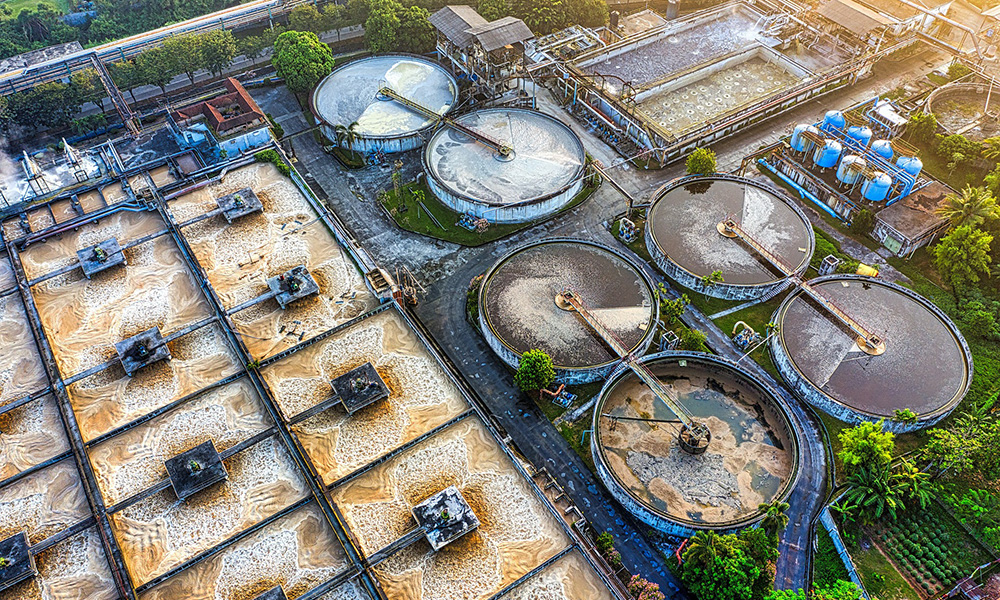
UBC Okanagan researchers have developed a cost-effective method to extract phosphorous—a non-renewable but essential element for life—from municipal wastewater sludge.
At first glance when one looks at sewage sludge it can be challenging to find any redeemable value. However, researchers at UBC’s Bioreactor Technology Group see it in a whole other way.
Using a combination of heat, water and phase separation, these researchers have developed a cost-effective method to concentrate phosphorous—which can be efficiently recovered by extraction—from wastewater sludge.
“Phosphorous is a non-renewable, but essential, element for life and has many industrial uses,” explains Huan Liu, a doctoral student with UBCO’s School of Engineering and lead author of a new study investigating this method.
Phosphorus is a natural mineral and crucial for a person’s good health, but it is also essential to food security as it is used worldwide as a commercial fertilizer, explains Liu. However, it is listed as a critical raw material because many countries rely on imports for their supply.
“The uneven distribution of phosphate rock has created political and economic risks,” he says. “On the other hand, phosphorus discharge from waste sources, such as wastewater, is a major contributor to aquatic eutrophication, causing severe environmental challenges including algae blooms and dead zones in lakes.”
Liu along with supervisor and Principal Investigator Dr. Cigdem Eskicioglu are investigating a promising process that integrates hydrothermal liquefaction.
The process converts organic components of the municipal wastewater sludge into a petroleum-like biocrude and concentrates the phosphorous into a solid residue called hydrochar. This hydrochar can have a total phosphorus about 100 times higher than that of raw sludge, making it comparable to the phosphate rock used in commercial fertilizers.
Liu describes the extraction process as mirroring what happens when you mix minerals and acids.
“We were able to identify, for the first time, the kinetic reactions of phosphorus leaching from hydrochar to optimize the recovery of useful materials, such as what is needed for fertilizer,” says Liu.
According to Dr. Eskicioglu, their latest findings are important for wastewater utilities aiming to develop a process to recover usable nutrients from the system.
“At a time when we are seeking to be more sustainable and looking for alternative fuels, extruding useable materials from waste is essential,” she says. “Recovery and recycling is the solution that also provides the double benefit of providing a secondary source of phosphorus that can be globally distributed and also help with environmental conservation.”
This latest study appears in the journal Water Research, and was funded by the Natural Sciences and Engineering Research Council of Canada and the Metro Vancouver Industrial Research Chair Program in Advanced Resource Recovery from Wastewater. Liu also conducted six months of studies in France in collaboration with Dr. Ange Nzihou’s team at the Research Centre for Particulate Solids, Energy and Environment at the IMT Mines Albi-Carmaux engineering school.